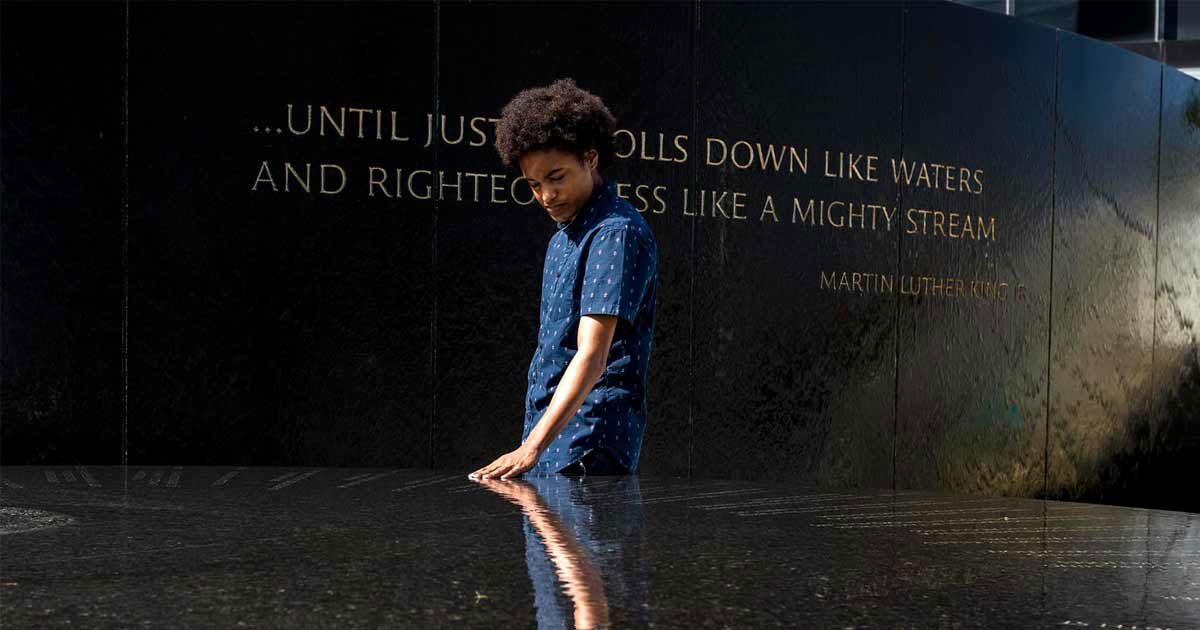Making Transformative Travel More Than a Buzzword
As it turns out, travel may not be all about the experience.
More and more, it's about the transformation.
According to a recent Skift report, The Rise of Transformative Travel, the focus on personal fulfillment is gaining wider traction among travelers.
In a 2017 survey, Skift found transformative travel was a growing trend. Of 1,350 travelers polled, 54 percent of respondents ranked the importance of transformative travel as 7 out of 10 or higher, and 52 percent said they place increasing value on it.
Travel being a "transformative" experience has long been a buzzword, yet a travel experience isn't inherently transformational. There's a difference between transformative travel and experiential travel—and if travelers seeking transformational experiences are going to be satisfied by destinations and products, the industry has to take it beyond marketing.
WHAT IS TRANSFORMATIVE TRAVEL?
Skift defines "transformative travel" as "any travel experience that empowers people to make meaningful, lasting change in their lives, whether big or small."
The term was popularized by the Transformational Travel Council, an organization started in 2016 by Jake Haupert and Michael Bennett, adventure-travel-company owners who wanted to help others transform their lives through travel. The council aims to create a movement around traveling like a HERO: traveling with heart; seeking engagement; having the resolve to work through challenges; and leaving your heart, mind and soul open to the unknown.
If travelers thoughtfully approach a trip or experience through the HERO model, they dramatically increase the likelihood of having a life-changing experience.
Still, travel experiences must invite this kind of approach.
HERO travelers seeking transformative experiences likely aren't spending their entire trip sipping cocktails on a beach or lounging by a pool at an all-inclusive resort. They're seeking unique experiences: behind-the-scenes tours, homestays, workshops, volunteer work, silent meditation retreats and more.
Sharon Cohen, vice president of Fairmont brand management for AccorHotels, noted in the report that there is an obvious relationship between transformative travel and experiential travel—yet transformative travel takes it a step further by expanding minds, shifting perspectives, pushing boundaries of travelers' comfort zones and creating cultural understanding.
HOW CAN THE TRAVEL INDUSTRY CREATE TRANSFORMATIVE TRAVEL?
Transformative travel is as diverse as travelers themselves.
In a follow-up survey conducted in 2018, Skift took a deeper look at what travelers considered a transformative experience.
The survey revealed that 52 percent of travelers who had a transformative travel experience owed it to gaining a new perspective; 44 percent to learning something new; and 30 percent to reflective moments.
The survey also found that a number of factors led to these transformational moments. Nearly 40 percent of respondents said that the people on the trip influenced the experience; 35 percent credited a spontaneous, unexpected adventure; 34 percent said that food, arts, cultural or entertainment contributed.
Transformational travel could happen anywhere, anyhow. It depends on who the traveler is, what would be transformational for him or her, and how he or she approaches the experience
But it's the travel industry's job to create these transformative experiences and help foster the traveler's approach.
Written by Cassie Westrate, staff writer for Groups Today.



